Is Protein Powder Better with Milk or Water?
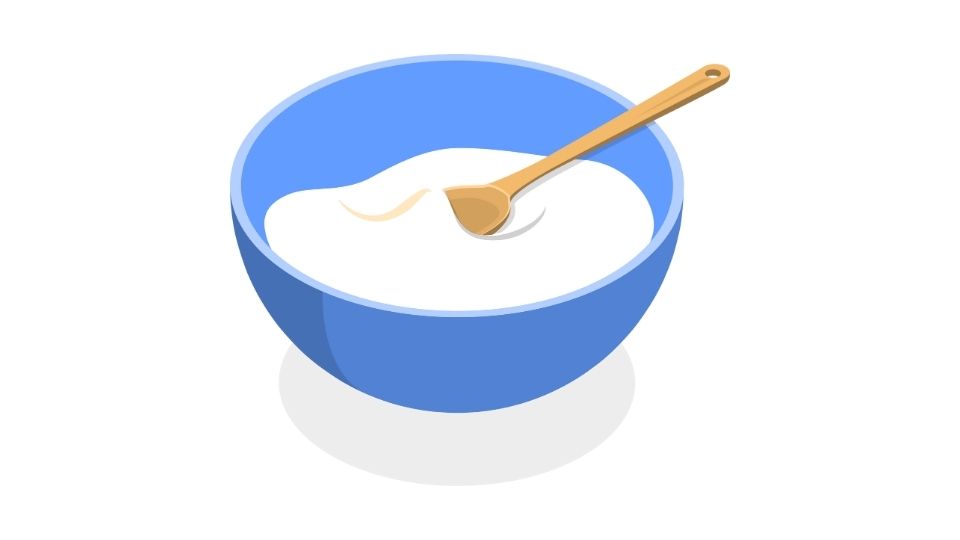
Should you mix your protein powder with milk or water? Let’s break down this delicious dilemma.
The answer depends on your health goals, taste preferences, and how your body handles dairy. Both options have their pros and cons in terms of nutrition, taste, digestion speed, calories, and convenience.
Milk vs. Water in Your Protein Shake: Which Is Better?
Let’s get real – there’s no universal “best” choice here. It’s about matching your protein shake to your personal goals.
If you’re trying to build muscle and don’t mind the extra calories, milk might be your bestie. If you’re cutting weight and want the fastest protein absorption, water could be your go-to.
The Nutritional Showdown
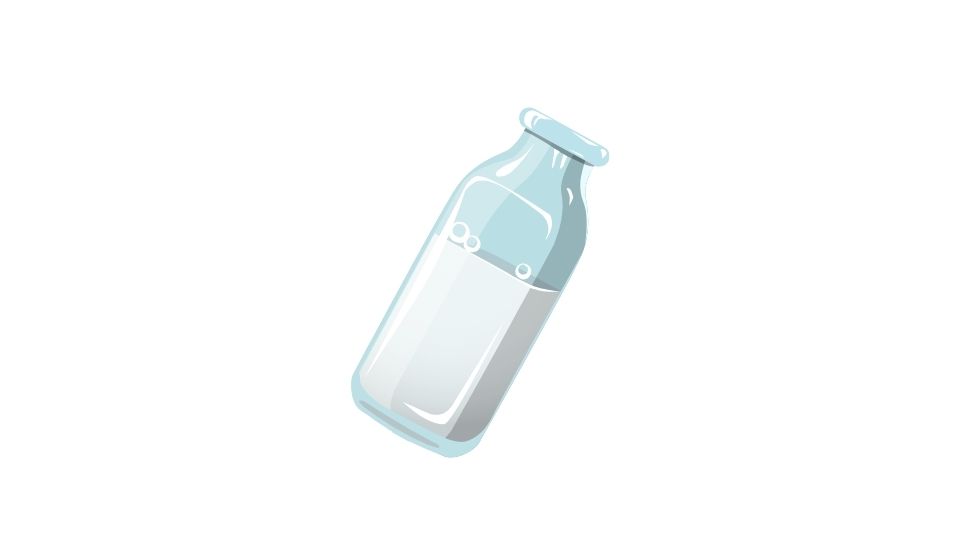
Milk adds more than just creaminess
When you mix your protein powder with milk, you’re not just getting a better-tasting shake. You’re getting:
- Extra protein: Cow’s milk adds about 8g of additional protein per cup
- More calories: 70-120 additional calories depending on the fat content
- Bonus nutrients: Calcium, vitamin D, and other micronutrients
- Slower digestion: The fat in milk slows down absorption (which can be good!)
One cup of whole milk adds around 120 calories and 8 grams of protein, making your shake more of a mini-meal than just a protein boost.
Plant-based milks vary wildly – from super low-calorie almond milk to protein-rich soy milk – but they generally add more nutrition than plain water.
Water keeps it simple and light
When you mix with water, what you see is what you get:
- Just the powder’s nutrition: No additional calories or nutrients
- Faster absorption: No fat to slow down digestion
- Lower calorie count: Great for cutting phases
- Zero dairy issues: No lactose to worry about
How Your Choice Affects Muscle Growth
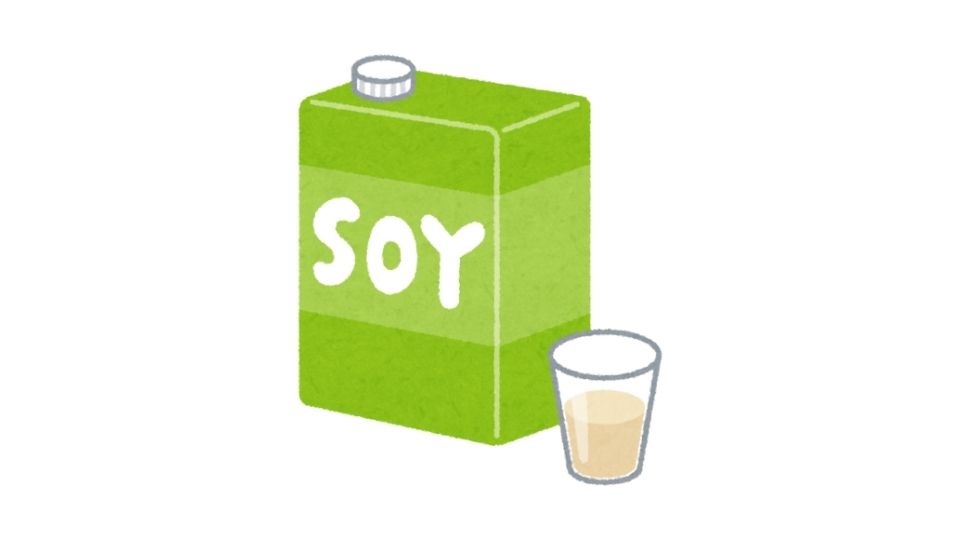
Milk-based shakes provide a one-two punch of protein types. You get the fast-digesting whey from your powder, plus the slow-digesting casein from milk. This combo creates a longer-lasting amino acid delivery to your muscles.
According to research on protein timing and muscle recovery, this extended release of amino acids can be particularly beneficial after workouts.
Water-based shakes hit your bloodstream faster, which can be ideal immediately post-workout when you want rapid delivery of amino acids to damaged muscle tissue.
Taste, Texture, and Enjoyment
Let’s not pretend taste doesn’t matter. If you hate your protein shake, you probably won’t drink it consistently.
Milk creates:
- Creamier texture
- Richer flavor
- More milkshake-like experience
- Better mixing with less clumping
Water creates:
- Lighter, more refreshing drink
- Less filling experience
- Cleaner, more direct flavor of the protein powder
- Sometimes more chalky texture
Most people find milk-based shakes more palatable, especially with chocolate or vanilla flavors. But some fruity flavors actually taste better with water!
Calorie Considerations: The Big Difference
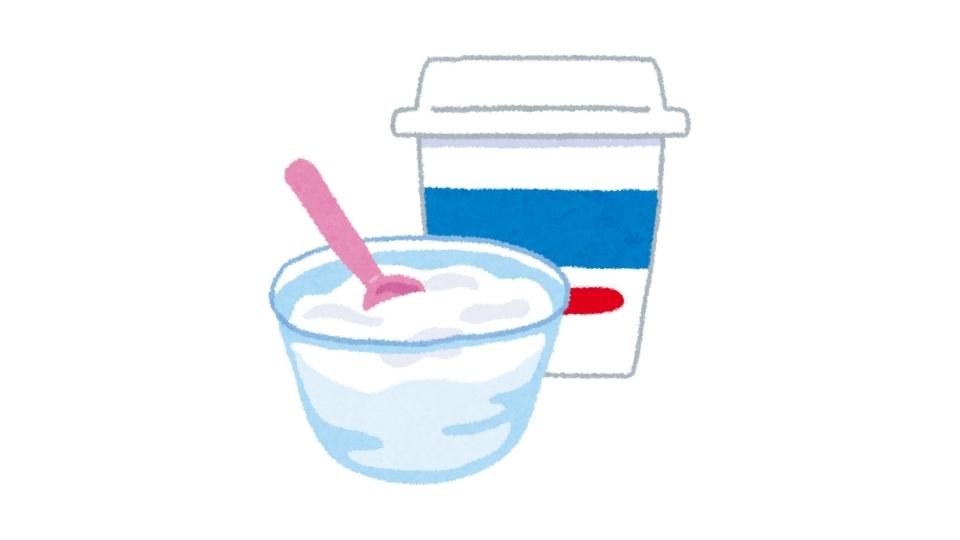
This is where the biggest difference lies between milk and water as your mixing liquid.
A typical protein scoop (25g protein) mixed with water might be around 100-130 calories total.
The same scoop mixed with a cup of whole milk? Now you’re looking at 220-250 calories.
If you’re in a caloric deficit trying to lose weight, that difference matters. If you’re trying to bulk up, those extra calories from milk could be exactly what you need.
Practical Considerations: When to Choose Each Option
Choose milk when:
- You’re trying to gain muscle mass
- You need extra calories in your diet
- You want a more filling shake that can substitute for a small meal
- You prefer a creamier taste and texture
- You’re looking for a bedtime protein source (the casein in milk digests slowly)
Choose water when:
- You’re trying to lose weight
- You want faster protein absorption right after workouts
- You’re counting calories carefully
- You’re lactose intolerant or have dairy sensitivities
- You need something quick and convenient without refrigeration
The Digestive Factor
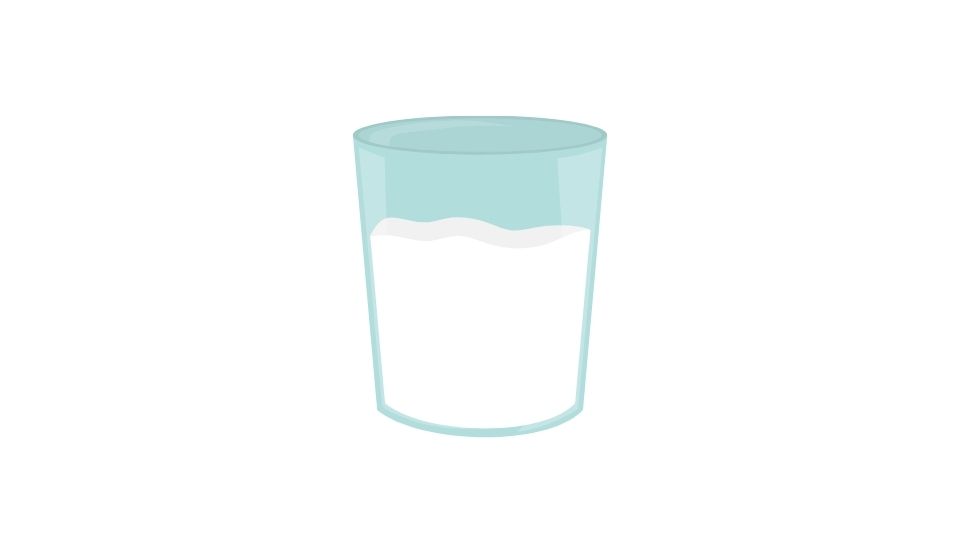
Let’s talk about your gut for a minute.
About 65% of the global population has some degree of lactose intolerance. If that’s you, mixing your protein with milk might leave you feeling bloated, gassy, or uncomfortable.
Water-based shakes eliminate this concern completely. Alternatively, you could try lactose-free milk or plant-based milks as your mixing liquid.
My Personal Take
I actually switch between both options depending on my goals and the situation:
- Post-workout: Water-based shake for fast absorption when I’m super hungry after training
- Meal replacement: Milk-based shake when I need something more substantial
- Before bed: Milk-based shake for slower overnight protein release
- On-the-go: Water-based shake for convenience when traveling
The Bottom Line
There’s no absolute right answer here – just the right choice for your specific situation.
If taste helps you stay consistent with your protein intake, that might outweigh minor nutritional differences. If you’re on a strict cutting diet, water might be non-negotiable for calorie control.
The best protein shake is the one you’ll actually drink consistently that aligns with your fitness goals.
Try both options under different circumstances and see what works best for your body, your taste preferences, and your fitness journey.

